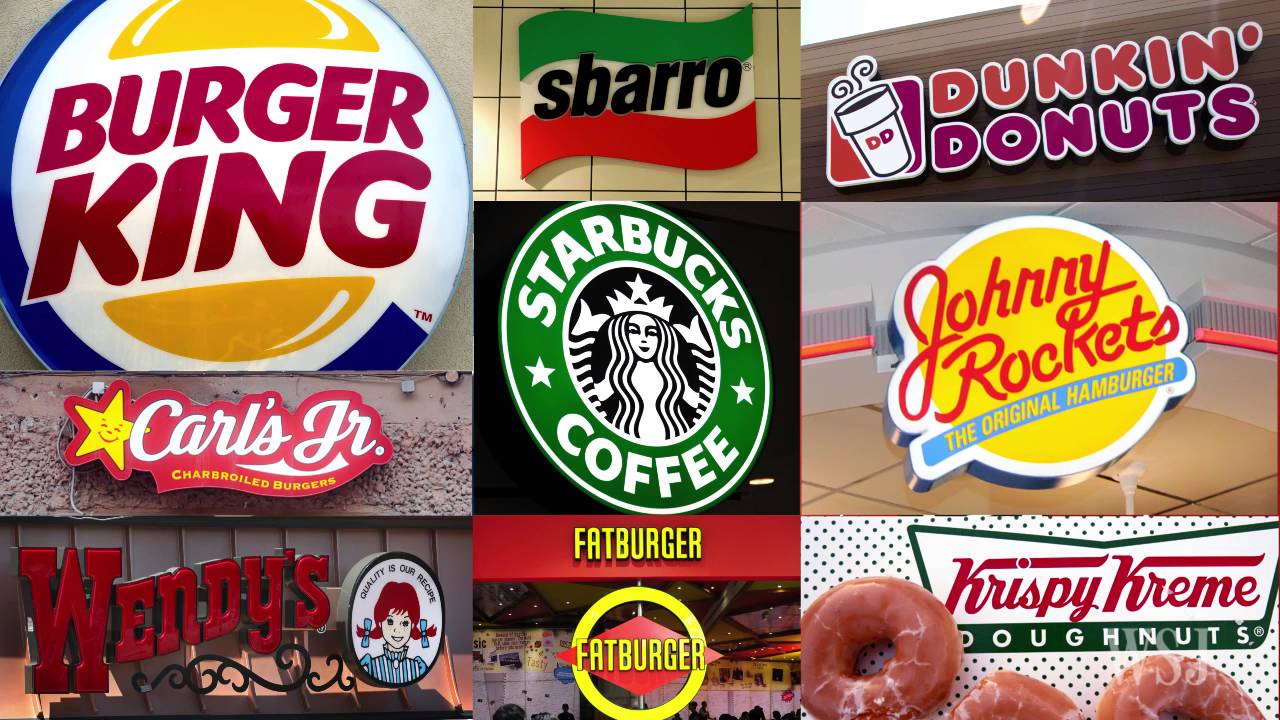The United States has long been considered a global superpower and a symbol of prosperity and democracy. However, recent developments and global power shifts towards Asia have raised questions about the country’s standing. As the world’s largest economy, the United States has traditionally been at the forefront of global leadership, championing democratic values and capitalist ideals. However, a closer examination of the country’s current situation reveals a complex picture that warrants analysis.
Tag: Low-Income
Fast Food Brands Fuel Food Insecurity
Food insecurity, a pressing issue affecting millions globally, remains particularly prevalent in low income areas where access to affordable, nutritious food is limited. This pervasive problem not only impacts individuals’ health and well-being but also underscores broader systemic challenges within our food systems. Fast food chains, ubiquitous symbols of convenience and affordability, play a significant role in perpetuating food insecurity by overshadowing fresher and healthier food options. Their proliferation in underserved communities often leads to a scarcity of fresh produce and whole foods, creating a landscape where processed, high-calorie, low-nutrient meals dominate the dietary choices of residents. This phenomenon not only contributes to poor health outcomes but also deepens the cycle of food insecurity by reinforcing reliance on quick, inexpensive, yet nutritionally deficient meals
How Fast Food Chains Fuel Food Insecurity?
Fast food chains, while often lauded for their perceived value and convenience, play a significant role in exacerbating food insecurity by outcompeting fresh food options in accessibility and affordability. These establishments, designed for quick service and mass production, offer meals at prices that can be notably lower than those of fresh, whole foods. This cost disparity makes fast food a more attractive option for individuals and families on tight budgets, especially in low-income areas where financial constraints are prevalent. The allure of a cheap, filling meal can lead residents to opt for fast food over healthier alternatives, perpetuating a cycle where nutritionally deficient options become the norm

